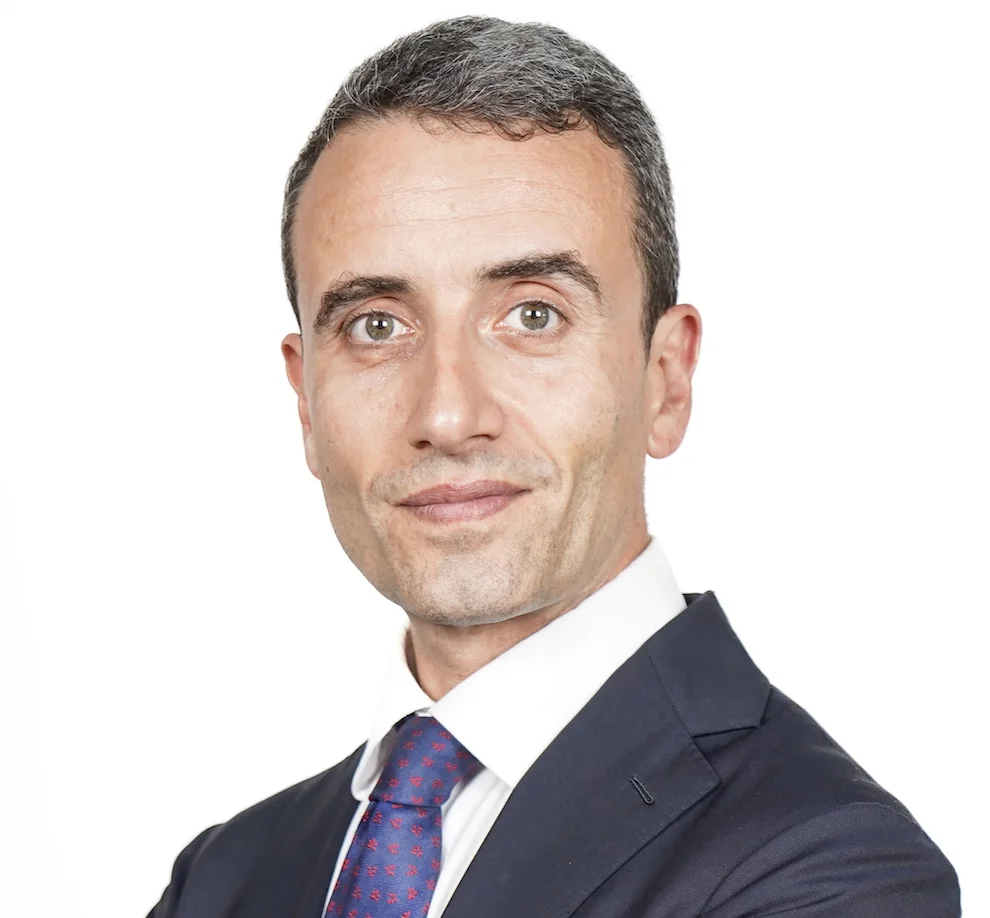UFFICIO RICERCA
Head
Anna Elisa D’Agostino
T: 0685225989
Viale Romania, 32
00197 Roma
ricerca@luiss.it
Centri di Ricerca
Alessandra Paoletti
T:0685225826


AI4Society is an interdisciplinary research center where scientists, humanists, and entrepreneurs collaborate to build a better future. The Center – born from the transformation of CLIO (Research Center in Leadership, Innovation, and Organization) – aims to study and analyze the impact of artificial intelligence technologies on society through the lens of scientific disciplines, social sciences, and the humanities, fostering a dialogue between technology and human values. We believe that technology should serve humanity, help solve the most pressing issues of our time, and enable us to live in a better, fairer, and more sustainable world. AI4Society is an international benchmark for critical and interdisciplinary reflection on AI’s implications, contributing to the development of socially responsible technologies. At the same time, AI4Society seeks to act as a hub for promoting national and international collaborations with universities, research institutes, institutions, organizations, and businesses to address the challenges of our time.
By actively participating in AI4Society’s activities, companies can establish a privileged and direct relationship with the academic and scientific ecosystem of Luiss Guido Carli. The Center offers businesses the opportunity to propose specific case studies for research and experimentation, not limited to technological aspects but also considering the regulatory, socio-political, and economic-financial implications of artificial intelligence. Joining the AI4Society network grants companies early access to innovative findings, facilitating their growth in a rapidly evolving market.